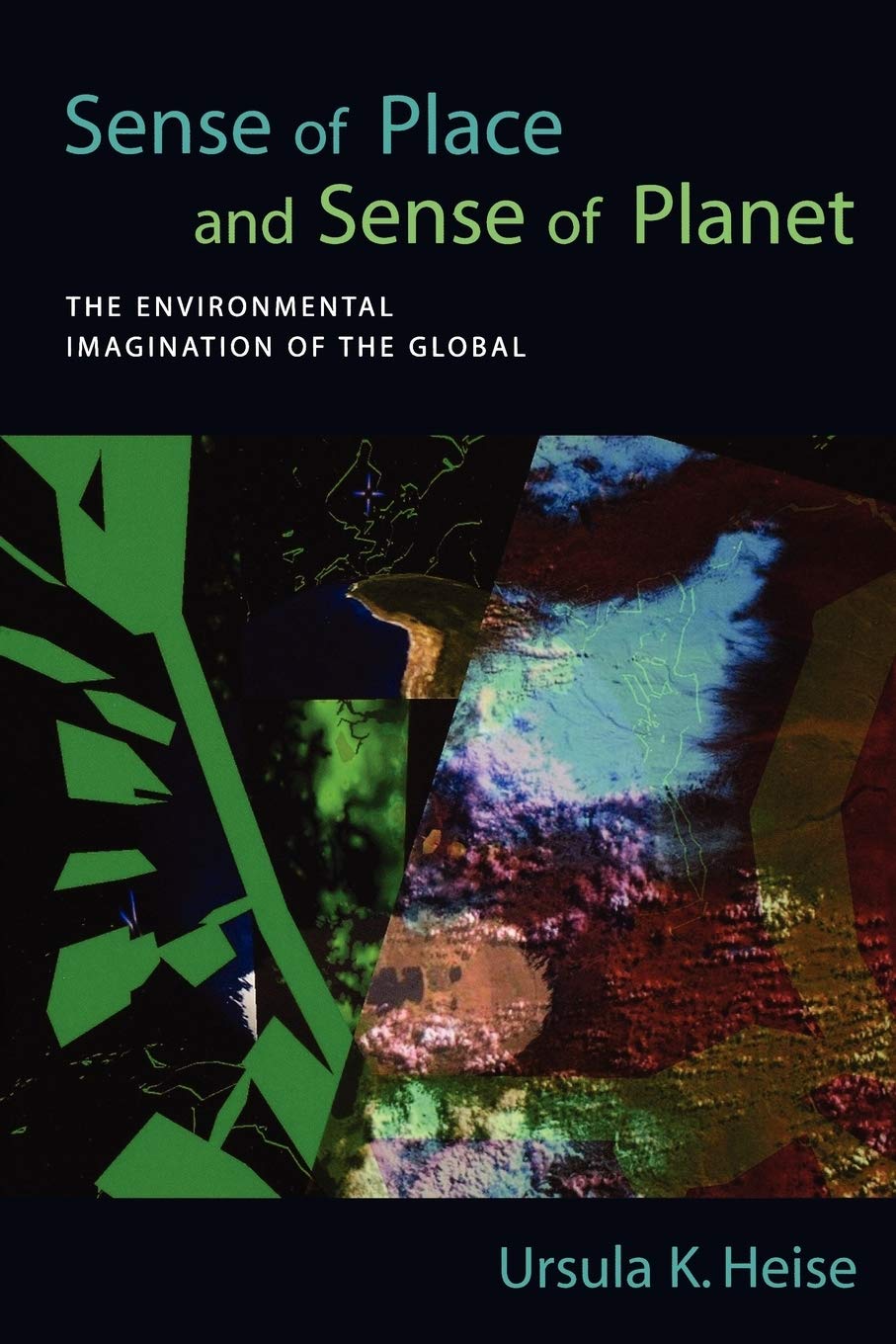About this deal
Senses of place. Steven Feld, Keith H. Basso. Santa Fe, New Mexico. 1996. p.11. ISBN 0-933452-94-2. OCLC 35043056. {{ cite book}}: CS1 maint: location missing publisher ( link) CS1 maint: others ( link) Gussow, Alan. 1972. A Sense of Place: The Artist and the American Land. San Francisco: Friends of the Earth. ISBN 1559635681
Studying geography will help you make sense of and appreciate different cultures around the globe. Learning about land, resource availability, and how that has shaped a culture to be the way it is today helps you understand the uniqueness of a culture. How and why places are similar to other places?
How does geography affect people’s culture? Geography influences the development of the people who occupy given areas. Humans respond and adapt to the conditions they encounter, developing patterns of behavior and customs to cope with dry deserts, arctic cold, high mountain ranges or the isolation of an island. How does geography help us understand the cultures around the world? In economics, ecosystems are referred to as ‘natural capital’ and are evaluated according to the goods and services they provide to individuals and societies (Costanza & Daly Reference Costanza and Daly1992). The economic values of sense of place have not yet been assessed, resulting in an incomplete evaluation of the natural capital (MA 2005). The economic value of sense of place, as for other cultural services (Chan et al. Reference Chan, Satterfield and Goldstein2012), has been overlooked due to the difficulties related to its quantitative assessment (Williams & Stewart Reference Williams and Stewart1998). Kieft, J.; Bendell, J (2021). "The responsibility of communicating difficult truths about climate influenced societal disruption and collapse: an introduction to psychological research". Institute for Leadership and Sustainability (IFLAS) Occasional Papers. 7: 1–39. Casey, E.S. (2001). "Between geography and philosophy: what does it mean to be in place world?". Annals of the Association of American Geographers. 91 (4): 683–693. doi: 10.1111/0004-5608.00266. S2CID 56055085. Lippard, Lucy. The Lure of the Local: Senses of Place in a Multicentered Society, New Press, 1998. ISBN 978-156584248-9
Step-by-Step Guide: Installing ESMF and ESMFPy in Ubuntu with gfortran, gcc, and Python for Earth Science and Ocean ModelsTuan, Yi Fu. 1990. Topophilia: A Study of Environmental Perception, Attitudes and Values. New York: Columbia University Press. ISBN 0-231-07395-X Gayton (1996) Landscapes of the Interior: Re-explorations of Nature and the Human Spirit. Gabriola Island, Canada: New Society Publishers
If this exercise produces a sense of place as dislocatable and intrinsically linkable to other places, then it participates in the project of deterritorialization that Ursula K. Heise describes as the first step towards an environmentally oriented cosmopolitanism, or "eco-cosmopolitanism." In her important new book, Sense of Place and Sense of Planet: The Environmental Imagination of the Global, Heise shows that deterritorialization—by which she means the detachment of cultural routines, identities, and epistemologies from their ties to place and their reconfiguration at other scales—enables better understanding of how social and ecological systems function within larger global networks. Heise argues that deterritorialization—instantiated in technologies such as Google Earth but also in the field of risk theory and the narrative techniques of certain works of literature—facilitates attentiveness to worldwide phenomena as foundational to personal experience rather than the other way around. It involves ways of seeing and ways of being that understand the local less as the guarantor of authenticity and ethical relations and more as one particular effect of systems of interconnection that shape the worldness of the world at every scale. Cognitive and affective attachments to place instead become reoriented toward a new sense of planet. Without in anyway losing sight of the differences and diverse ways of life associated with particular localities, Heise compellingly shows that eco-cosmopolitanism speaks to cultural and ecological differences precisely by understanding their connectedness, as well as their potential to evolve. By bridging the gap between different academic disciplines, the evaluation of cultural services may help inform real-world decision-making (Milcu et al. Reference Milcu, Hanspach, Abson and Fischer2013; Saunders Reference Saunders2013). Among cultural services, ‘sense of place’, which people develop in connection with ecosystems (Russell et al. Reference Russell, Guerry, Balvanera, Gould, Basurto, Chan, Klain, Levine and Tam2013), has been indicated as a concept that may potentially bridge existing gaps between ecosystem science and environmental management (Williams & Stuart 1998). By understanding, anticipating, and responding to peoples' relationships with places, managers are better equipped to develop management activities that will avoid conflict and gain public support (Williams & Stuart 1998). Sense of place is, however, one of the most neglected cultural services and information on how to integrate it into conservation decision-making is scarce (MA 2005). Introducing “eco-cosmopolitanism” and its connection to different forms of artistic, philosophical and practical expressions, the Introduction and Part 1 of Ursula K. Heise’s A Sense of Place and Sense of Planet: The Environmental Imagination of the Global provides an approach to environmentalism that transcends place and is interconnected to different locales and regions, mirroring the interconnectedness of a globalized world. Hubbard, Phil, Rob Kitchen, and Gil Valentine, eds. 2004. Key Thinkers on Space and Place. London: Sage. ISBN 0-7619-4963-1
For example, poverty, crime, pollution, overcrowding, corruption, incompetence, risk and disasters can be a central part of a community’s sense of place. What is sense of place in urban planning?
 Great Deal
Great Deal 